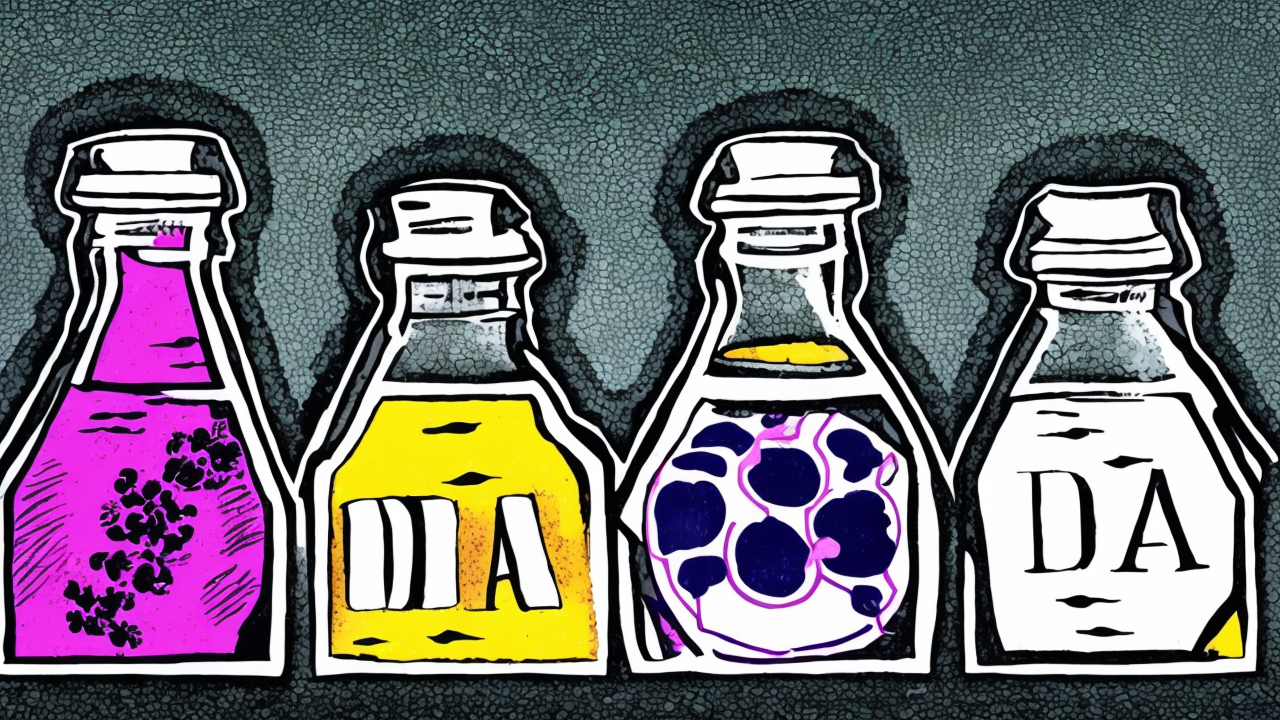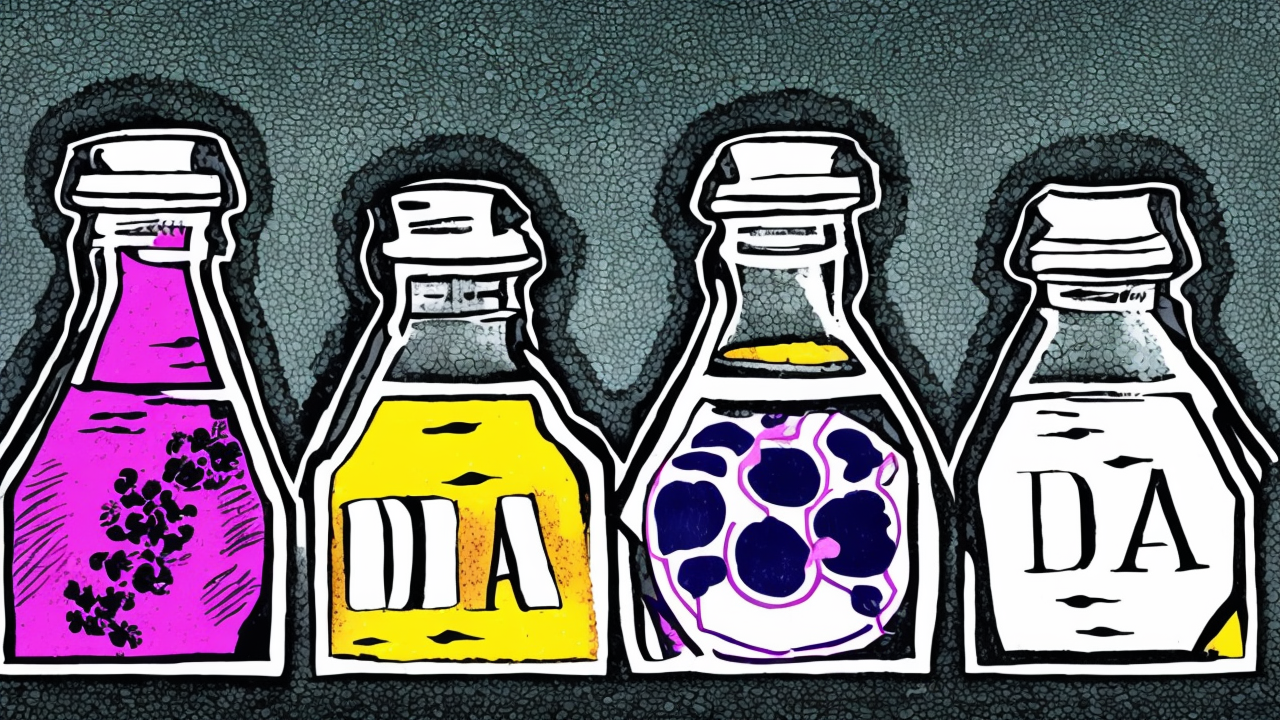Study Links COVID Vaccines to Increased Cancer Risk

A groundbreaking South Korean study published in Biomarker Research has found a concerning link between COVID-19 vaccines and an increased risk of six types of cancer. Analyzing data from over 8.4 million individuals, researchers discovered that both mRNA and non-mRNA (cDNA) vaccines were associated with higher cancer risks across all age groups.
The study, which tracked patients for a year, revealed a 27% overall increase in cancer risk among vaccinated individuals. Specific cancers saw even higher risks: breast cancer up 20%, colorectal cancer 28%, gastric cancer 34%, lung cancer 53%, and prostate cancer 69%.
COVID-19 mRNA vaccines, such as Pfizer and Moderna, were linked to a 20% higher overall cancer risk, particularly for breast, colorectal, lung, and thyroid cancers. Non-mRNA vaccines, including AstraZeneca and Johnson & Johnson, showed a 47% higher overall risk, with ties to colorectal, gastric, lung, prostate, and thyroid cancers.
Critics argue the study did not account for family cancer histories or screening behaviors, suggesting potential biases. However, researchers countered that the findings highlight a consistent pattern across all demographic groups, with women and the elderly disproportionately affected.
While the study does not establish causation, it raises critical questions about the long-term health impacts of COVID-19 vaccines. Further research is needed to understand the mechanisms behind these associations and ensure public health policies prioritize safety and transparency.
The Cancer-COVID Vaccine Link: A Concerning Warning for Society
The recent South Korean study linking COVID-19 vaccines to increased cancer risks raises profound concerns about the long-term health consequences of mass vaccination programs. While the study does not establish causation, the observed patterns demand urgent attention. The fact that both mRNA and non-mRNA vaccines were associated with higher cancer risks across multiple types—especially among women and the elderly—should not be dismissed as mere coincidence.
Critics argue that family history and screening behaviors could bias the results, but the consistent patterns across all demographic groups suggest a deeper issue. The failure of public health officials to address these findings transparently raises questions about whether political and ideological agendas are prioritized over public safety.
This study underscores the importance of transparency and informed decision-making. If health authorities continue to downplay or ignore such findings, they risk eroding public trust in both government and healthcare institutions. Trust is a cornerstone of societal cohesion, and its erosion could have far-reaching consequences for our nation’s future.
Moreover, the potential long-term health impacts of COVID-19 vaccines highlight the importance of health freedom and individual autonomy. Americans deserve the right to make fully informed choices about their health, free from ideological pressure or manipulation.
In conclusion, this study serves as a wake-up call. It reminds us that public health policies must prioritize safety, transparency, and the well-being of citizens above all else. Further research is critical to understanding these associations, but one thing is clear: we cannot afford to overlook the risks any longer.
Published: 10/7/2025

















